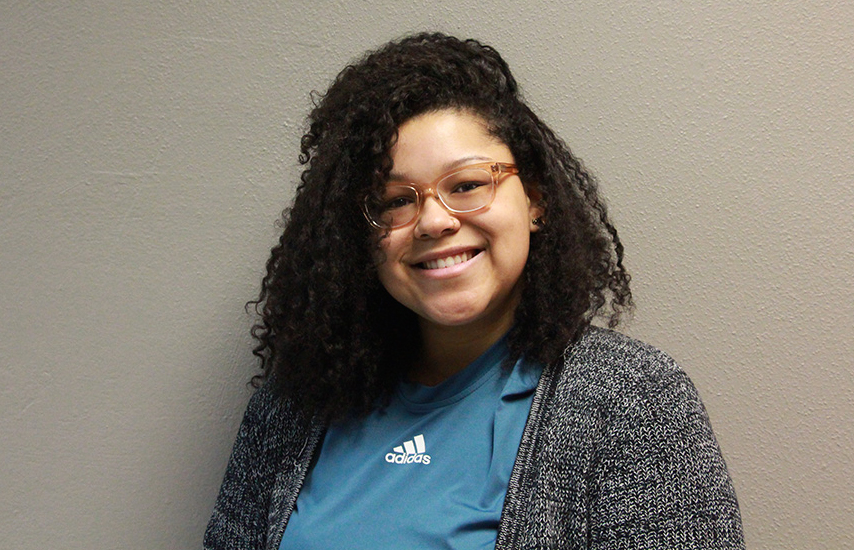
Buying superfoods in U.S. impacts poor Indigenous workers
Quinoa, kale, chia seas and acai berries are all labeled superfoods by many grocery stores and health aficionados.
These foods claim to have extreme health benefits, but the way they’re extracted from their countries of origin may make consumers think differently about what they’re purchasing.
Purchasing quinoa specifically harms workers in Bolivia and Peru.
Quinoa is a goosefoot found in the Andes, where it’s widely cultivated for its edible starchy seeds and its high protein content. Dietitians advise people to try quinoa because of its low-fat content and advise that basing a diet on foods that are starchy is beneficial to those looking to lose weight.
Vegans, vegetarians and gluten-intolerant people have seen it as a source of protein for their diets.
But its sudden popularity has resulted in a spike in prices in U.S. grocery stores in 2013, which not only upsets cost-effective health food buyers, but also those who harvest the grain. Currently, prices are finally falling.
As the popularity of superfoods rises, it’s important to note the effect it has on their native country’s workers. By eating “superfoods,” we’re harming indigenous workers and destroying their access to cultural food staples. The rise in quinoa sales in America has left indigenous workers in South America in poverty.
America and other countries’ desire for this health food has increased prices so greatly that Peruvians and Bolivians — who consider it a staple cultural food, aren’t able to afford the grain.
According to Joanna Blythman, the appetite of countries such as ours for this grain has pushed up prices to such an extent those living in poverty in Peru and Bolivia, who are used to eating the fulfilling grain, can no longer afford to purchase it and stick to buying imported junk food to nourish themselves and their families.
In Lima, Peru, quinoa now costs more than chicken.
So how is one supposed to consume the superfoods they love without harming those who brought it to them?
A good rule of thumb for shoppers looking to buy quinoa is to make sure the brand you’re buying from is either based in the United States or is certified fair-trade.
One brand specifically named “White Mountain Farm” is located in an ancient lake bed called the San Luis Valley of the Southern Colorado Rocky Mountains. The brand grows quinoa for healthy and hungry Americans and is mentioned specifically because their products can be purchased online.
I believe that as privileged Americans we must do whatever possible to help those less fortunate than us, and if it means paying a little extra to buy quinoa from local outlets, then so be it.
